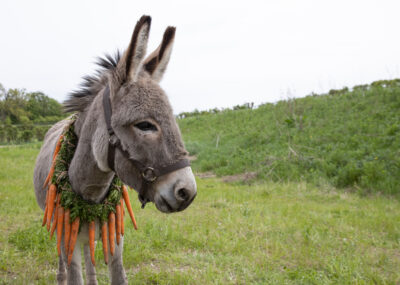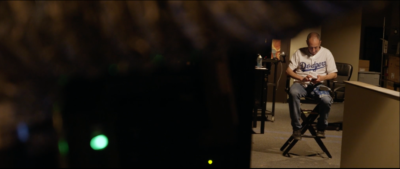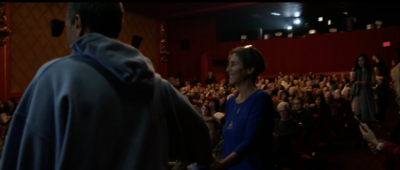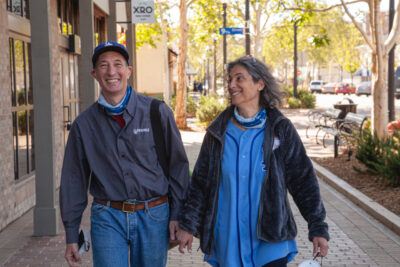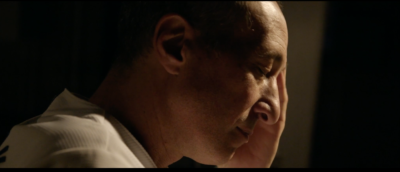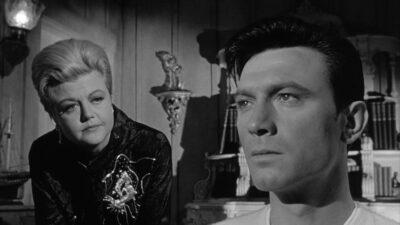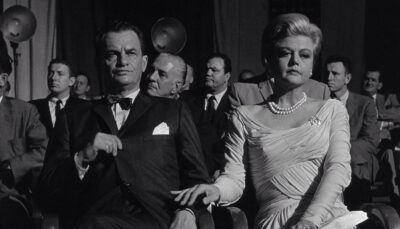LAEMMLE THEATRES ANNOUNCES ITS 14TH ANNIVERSARY “FIDDLER ON THE ROOF” SING-ALONG SCREENINGS
When: Saturday, December 24, 2022, 7 pm (Christmas Eve)
What: Screening of classic musical film “Fiddler on the Roof.” It’s our program’s 14th anniversary.
Where:
– Glendale, 207 Maryland Ave., Glendale, CA 91206
– Town Center, 17200 Ventura Blvd., Encino, CA 91316
– Claremont, 450 W Second St., Claremont, CA 91711
– NoHo 7, 5240 Lankershim Blvd., North Hollywood, CA 91601
– Newhall, 22500 Lyons Ave., Santa Clarita, CA 91321
– Royal, 11523 Santa Monica Blvd., Los Angeles, CA 90025
Tickets: Purchase at Laemmle.com/Fiddler. Prices this year start at $18 for General Admission, $15 for seniors and children, and $15 for Premiere Card Holders, $12 for Premiere Card seniors.
A tradition we began in 2008, Christmas Eve sing-along FIDDLER ON THE ROOF screenings have been a hit that has inspired similar screenings in other parts of the country. We’re showing Norman Jewison’s beloved 1971 Oscar-winning musical at four of our theaters, so you don’t even have to venture too far from your shtetl. Song lyrics on screen, in case you don’t know ’em by heart.
Song highlights include the iconic “TRADITION”, “IF I WERE A RICH MAN”, “TO LIFE”, “MATCHMAKER”, “SUNRISE SUNSET”, “DO YOU LOVE ME?” and “ANATEVKA”, among many others.
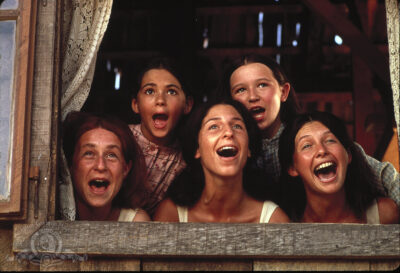
Jewison’s 1971 screen adaptation of the long-running Broadway musical is a treasured movie classic. It stars Israeli actor TOPOL in the unforgettable role of TEVYE the milkman, a character besieged not just by a bevy of five daughters but by modernity itself. Co-stars include NORMA CRANE as GOLDE, Yiddish theater legend MOLLY PICON as YENTE, and LEONARD FRAY as MOTEL. The film won three OSCARS in 1972 for Best Sound, Best Music, and Best Cinematography, and was nominated for five more, including Best Director and Best Picture.



